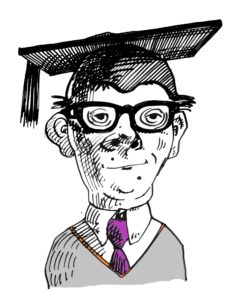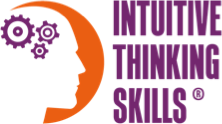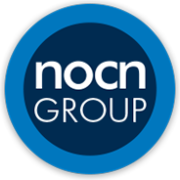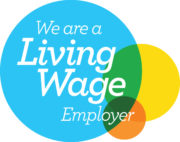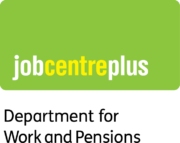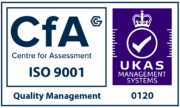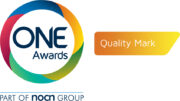Mental Health Case Study
Referral
PG was referred to our Mentoring Into Work Programme after losing his Job in May 2020 due to the Covid-19 pandemic. After six months of unemployment, PG’s mental health was deteriorating and he was extremely frustrated and in a low mood. He had been referred to other programmes through the Job Centre but was disappointed because none of them seemed to help him to feel any better about his situation or offer personalised support that would increase his chances of securing employment again.
This further impacted on his mental health and he became sceptical and reluctant to engage with any other support his Jobcentre Work Coach offered him. After discussing our programme with his mentor, PG appreciated the personalised approach and decided he had nothing to lose by engaging on the programme, since doing nothing was only making his situation worse.
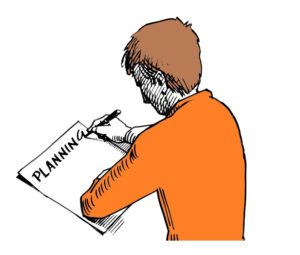 Progress
Progress
During discussions in his first mentoring session, PG mentioned he had worked hard to secure his previous job and because competition for job vacancies had dramatically increased, he felt he was at a disadvantage because he was competing with more qualified and experienced candidates. This had resulted in PG feeling he had “imposter syndrome” which had knocked his confidence, felt he lacked sense of purpose and affected his motivation.
Taking a skills based approach to mind-set and attitude change, PG’s mentor explored concepts of critical thinking and ambivalence. Discovering how PG’s internal dialogue had a massive influence on PG’s beliefs, emotions and resulting behaviour.
PG’s mentor began to focus on dispelling PG’s negative beliefs around his skills, qualities and chances of competing in the labour market by conducting a SWOT analysis. After this task, PG applied the skills of critical thinking and quickly realised, it was his own ambivalence that was affecting his chances of securing work, and not the level of competition he was up against when applying for jobs.
PG’s Mentor then began to work with him to develop practical cognitive skills such as transposing and active and passive language recognition to support PG in developing resilience and help him to remain focused on achieving his ultimate goals.
PG’s mentoring sessions continued to develop PG’s job searching skills gaps, by covering CV writing, Cover letter skills, interview techniques, career planning and accessing the hidden jobs market. All the while relating the learning of each skill back to PG’s beliefs and perceptions, continually applying critical thinking skills, ensuring his associated emotions and resulting decisions were entirely rational. During PG’s engagement on the programme, his resilience continued to grow and his outlook became positive.
The final mentoring session focused on goal planning and career management. PG felt a lot more focused and aware of what he wanted and would plan to get there and that he now felt empowered enough to pursue his ambitions and be positive when competing to secure employment.
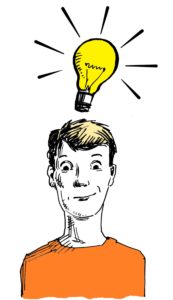 End Result
End Result
After the intensive mentoring sessions were completed, PG took advantage of light touch support and kept in contact with his mentor. PG continued to recognise when his internal thoughts and dialogue were holding him back and was able to use his cognitive skills to embrace feelings of uncertainty and fear and refocussing them positively to push him forwards instead of staying in the same place and allowing them to hold him back. PG’s overall mental health had dramatically improved since he was able to apply his cognitive to all of his life challenges and personal barriers and he no longer felt inadequate or in despair about his situation.
After his time on the programme PG gave us the following feedback…
“It’s been my pleasure to be a part of this programme, I’ve learned a lot through our conversations, I’m really glad I signed up for these sessions as I feel that I was finally able to get the level of advice and support I so desperately needed for the longest time.
For the first time ever, I feel clarity about my achievements, who I am as a person, as a professional, and what goals I need to set for myself in the future.
Having someone to openly discuss one’s progress and challenges throughout their personal/professional life really helps a lot, more than what most people might realize I want to extend my sincere gratitude for all that you’ve done and continue to do.”
